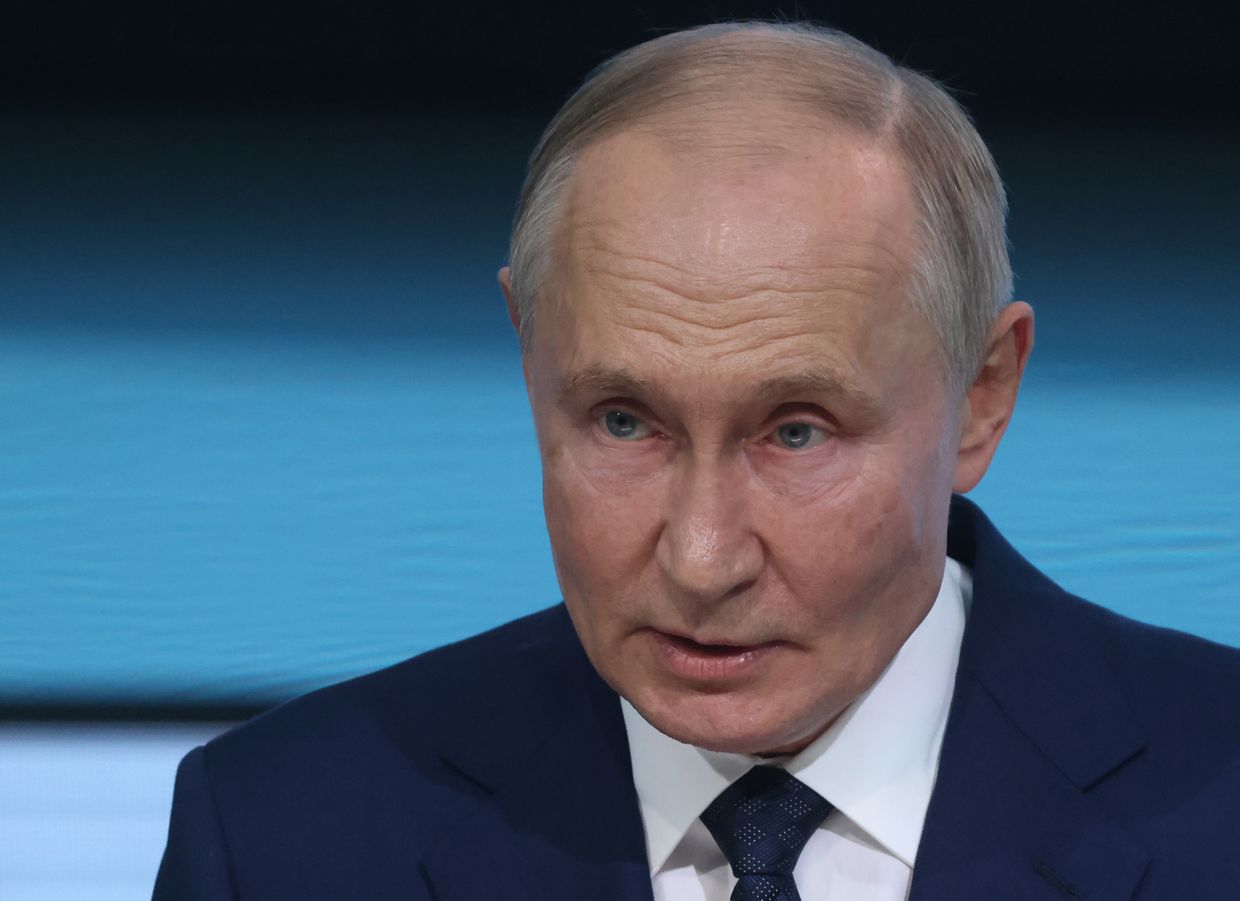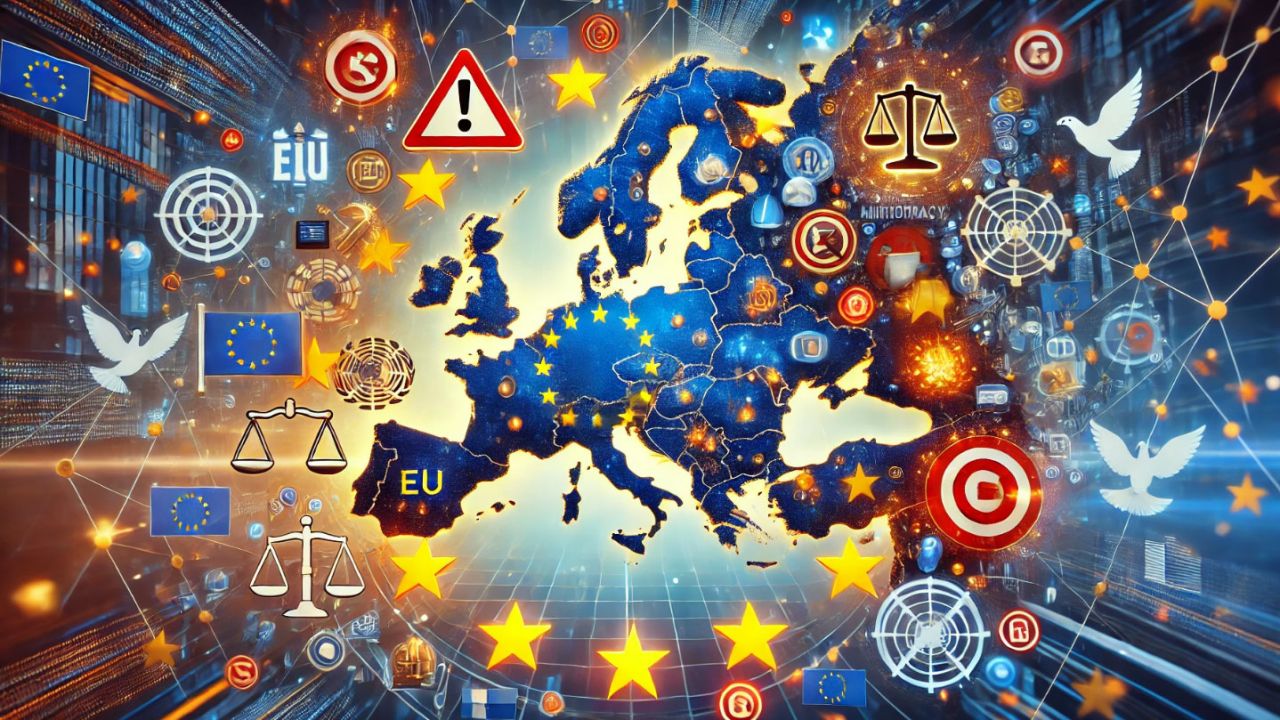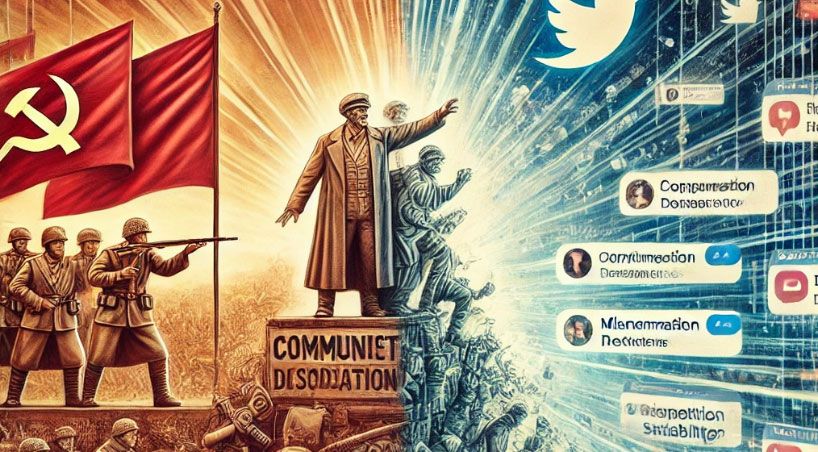20 said.As the full-scale invasion continues, Western countries are imposing increasingly severe sanctions on Russia, forcing it to seek new partnerships with China and India.Following the beginning of the all-out war, Russian trade with China, India, and other eastern countries increased, partially due to the sale of Russian oil at discounts. Cooperation with eastern partners was also facilitated by the fact that tankers could transport oil instead of stationary pipelines.Russia was thus able to circumvent the Western price cap by transporting oil through a so-called shadow fleet of outdated tankers that were not subject to sanctions. This mobility has been crucial for Russia's resource-dependent economy, helping the Kremlin raise revenue to finance the war and support the sanctions-hit economy, according to the analysis.In 2023, half of Russia's oil and petroleum product exports went to China, and India also became a major buyer, the media outlet said.Redirecting natural gas proved to be more problematic, as most of Russia's exports went to Europe, particularly through the Nord Stream pipeline, which was cut off in 2022.
Content Original Link:















